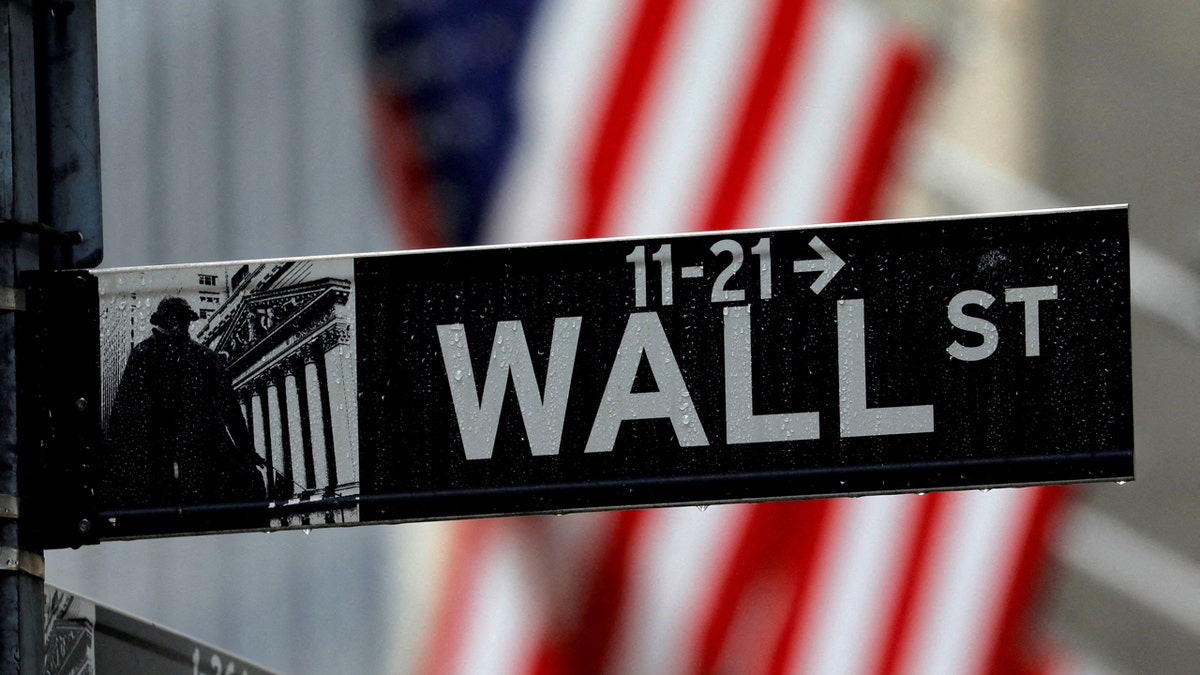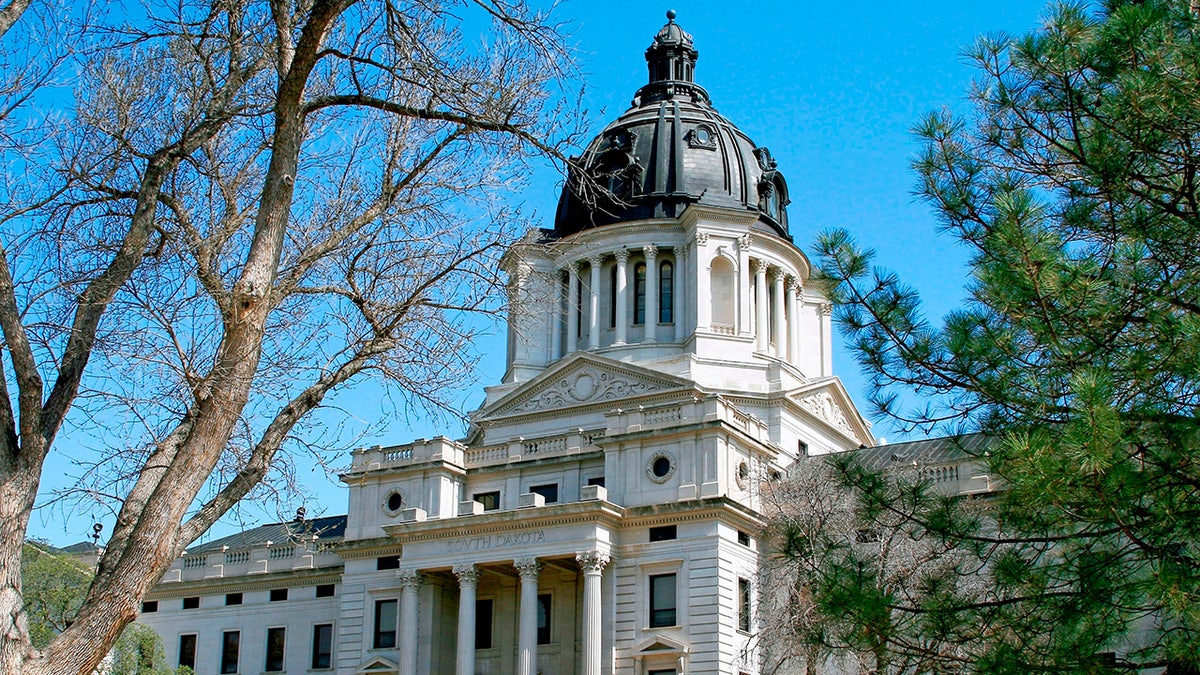WATCH LIVE: President Biden delivers remarks on protecting Americans' retirement security
The move is the latest effort to help US consumers by targeting fees that are often hidden by deceptively low prices.
On Monday, lawmakers in South Dakota introduced groundbreaking legislation that would help protect the retirement accounts and property rights of the citizens in their state.
Legislators in states across the country should consider similar action, because without important legal changes, tens of millions of American families could be at risk of suffering substantial financial and/or property losses in the event of a future financial crash.
The Problem
In the 1990s, a highly influential organization called the Uniform Law Commission convinced policymakers in all 50 states to quietly make substantial alterations to Article 8 of the Uniform Commercial Code (UCC). The UCC is a set of uniform state laws that have been adopted by all states to ensure that commercial activities are governed by the same rules across borders, improving economic efficiency.

Changes in the 1990s revised how states treat investments and property held by financial institutions. (iStock)
The changes to Article 8 revised how states treat investments and property held by financial institutions, as well as allowed institutions to use customers’ investments and property as collateral for their own businesses.
401(K) HARDSHIP WITHDRAWALS ARE SURGING AS HIGH INFLATION SQUEEZES AMERICANS
Under these alterations to the UCC, people’s investment securities are typically owned by the investment firm, brokerage house or other financial institution helping the consumer manage his or her securities. They are not owned by the purchaser.
This rule applies to stocks, bonds, mutual funds, exchange-traded funds and other common forms of investment, including investments held in retirement accounts such as 401(k) and IRA accounts.
The following hypothetical example helps to illustrate the problem. Imagine you contact a broker today to purchase 10 shares of stock in a publicly traded company – Microsoft, for example. After you pay the price of the shares and broker fees, the broker would then add those 10 Microsoft shares to your account.
SAVING FOR RETIREMENT IN AMERICA MAKES ‘DRAMATIC’ SHIFT, NEW REPORT REVEALS
If you’re like most people, you would probably think that you own those 10 shares in your account, but thanks to the laws passed as part of the UCC, you don’t. What you actually own is a "security entitlement" to the shares, not the shares themselves. All of this is explicitly outlined in Article 8 of the UCC.
A security entitlement is a contract that guarantees that the purchaser will receive certain benefits, but it does not transfer to the purchaser the full ownership of the underlying security, such as the Microsoft stock in our example above.
When the financial system is operating normally, customers are rarely impacted by these arrangements, which is why most people don’t know about them. But if there is a financial crash similar to the one that occurred in 2008 or larger, it could trigger a widespread confiscation of wealth, unlike anything America has ever seen before.
The reason this is possible is because under the UCC, protected creditors to investment intermediaries, such as large banks, are given priority to the securities held on behalf of customers by intermediaries, such as a stockbroker. Examples of a securities intermediary include Fidelity and Merrill Lynch.
What this means is that if your broker, such as the company managing your IRA or 401(k) account, were to go bankrupt, the broker’s secured creditors (the people to whom the broker owes money) would be empowered to take the investments that you paid for in order to settle outstanding debts.
In the event of a widescale financial crash, millions of investors, pension funds, and some companies could lose most of their wealth overnight to these secured creditors.
Author and former Wall Street hedge-fund manager David Rogers Webb has aptly referred to this incredible and terrifying possibility as a "great taking."

Raindrops hang on a sign for Wall Street outside the New York Stock Exchange in Manhattan, on Oct. 26, 2020. (Reuters/Mike Segar/File Photo)
One State Fights Back
To avoid a catastrophe in the future, a nationwide movement is desperately needed to alter the existing Uniform Commercial Code. Of course, that won’t be easy to accomplish, especially because bank lobbyists and other powerful financial interests will almost certainly fight kicking and screaming to stop policymakers from taking away their advantage over consumers. But something must be done now, before the next financial crisis hits.
CLICK HERE FOR MORE FOX NEWS OPINION
The good news is, this "great taking" can be stopped at the state level. Americans don’t need to count on a divided Congress to get the job done. Because the UCC is state law, state lawmakers can take concrete steps to restore the property rights of their constituents and protect them in the event of a financial crisis.
On Monday, South Dakota legislators introduced a bill that would do just that. The legislation would ensure that individual investors have priority over securities held by brokerage firms and other intermediaries.

The state Capitol building in downtown Pierre in central South Dakota (Education Images/Universal Images Group via Getty Images)
It would also alter jurisdictional provisions so that cases are determined in the state of the individual investor, rather than the state of the broker, custodian or clearing corporation. This would ensure that individual investors are able to rely on the laws of their local state, rather than permit big institutions to effectively pick the state laws and judicial venue most likely to give them the result they want.
CLICK HERE TO GET THE FOX NEWS APP
The question that state lawmakers must ask themselves is this: Is a system that would sacrifice the wealth of individual investors to protect the world’s largest financial institutions truly worthy of protecting? We don’t think so, and we hope that state legislators agree.
Policies such as those being considered in South Dakota – and soon, hopefully other states – must be enacted to secure the property rights of all American investors, as well as the health of the entire U.S. economy.












































